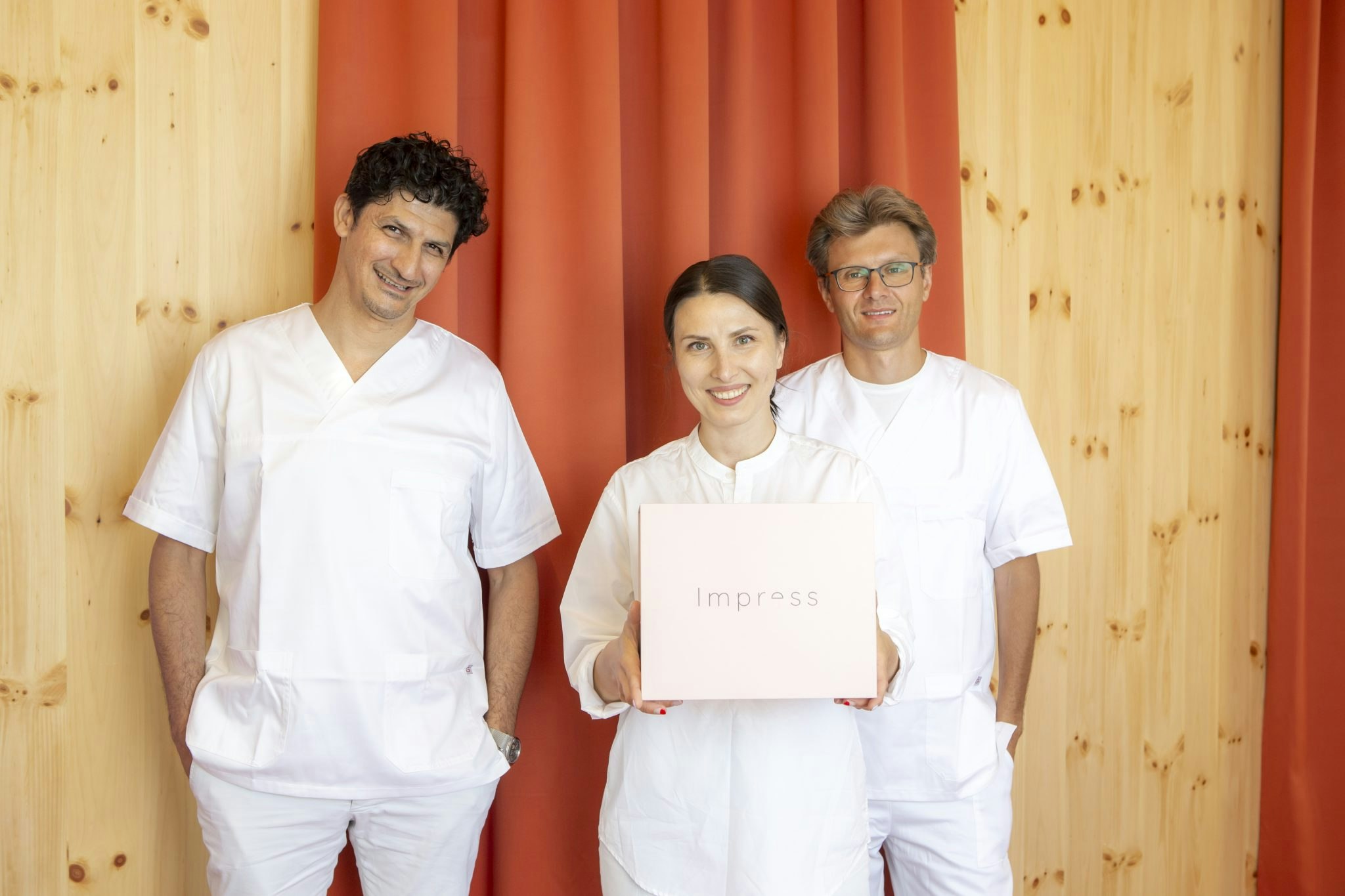With a global market cap of over $1bn, the roar of the femtech companies is, at last, being heard by the venture capitalists. London-based Elvie (silent breast pumps) raised a record €37.5m earlier this month. Now, there is no turning back.
And why not? According to research and consulting firm Frost & Sullivan, the market for this segment — which includes any health tech products and services especially focused on women — is set to be worth $50bn by 2025.
This is not so far fetched since women already are spending more than $200bn a year on femtech products.
Just a few years ago, there was not even a single category to describe startups in the female health segment.
A name to combine them all was suggested three years ago by Ida Tin, cofounder of the menstrual tracking app Clue based in Berlin. In 2016 Tin was invited to TechCrunch Disrupt conference’s first panel ever on female health. Before attending, she started investigating which words the other panellists used to describe their businesses.
“I realised that the language was all over the place,” she tells Sifted. “It felt like it would be helpful to have a term that could link all these different products and companies together, so we could think of them as a bigger movement in the tech world.”
“I asked around and did a bit of mini user research and the response to the word femtech was positive so then I suggested the term on stage.”
I realised that the language was all over the place.
Clue was founded in 2012 as a menstrual tracker. Today it has a much wider scope as a platform for testing different femtech items, showcasing academic research and promoting conversations about female health on its website.
There has been an influx of femtech companies in Europe the last few years, which in part reflects a wider societal shift. The #metoo movement, increased discussion about the lack of female founders and investors, have all helped shine a light on femtech.
“I see a big difference from when we started pitching to investors back in 2013,” says Tin. “There is much more awareness and there are lots more companies within femtech now, but honestly, there could be a lot more... I would argue that it is still vastly underfunded. Arguably there is still a blind spot, but at least now there is more awareness that there is this blind spot.”
Tin’s five favourite femtech startups
- Founded by Maria Berruezo, Alba Padró and Ęnric Pallarés in Barcelona, breastfeeding startup LactApp has quickly become the leading breastfeeding app in Spain. There is also a version of the app for healthcare professionals so they can give better care to breastfeeding mothers.
- Pakistani chatbot Aurat Raaj educates girls about taboo topics such as honour killings, child abuse, sexual harassment, child marriages and menstruation. It also inspires them to take up activities such as entrepreneurship, cycling, boxing, self-defence. It was founded by Karachi journalist Saba Khalid.
- Elvie is a UK-based maker of a connected breastfeeding pump and a pelvic trainer. It has raised over $50m and Tin says that she thinks it is "impressive how they have managed to make something as stigmatised as pelvic floor mainstream."
- OMGyes is a US-based startup with a platform for pleasure training for women. The sexual pleasure of women is still a taboo subject and this company is trying to put an end to it by letting women and couples explore new ways to increase pleasure based on new research.
- Celmatix is a US-based initiative dedicated to discovering therapeutics that is focused on fertility and women’s health. The company has invested a lot in data and genomics to create products and services in fertility management.



